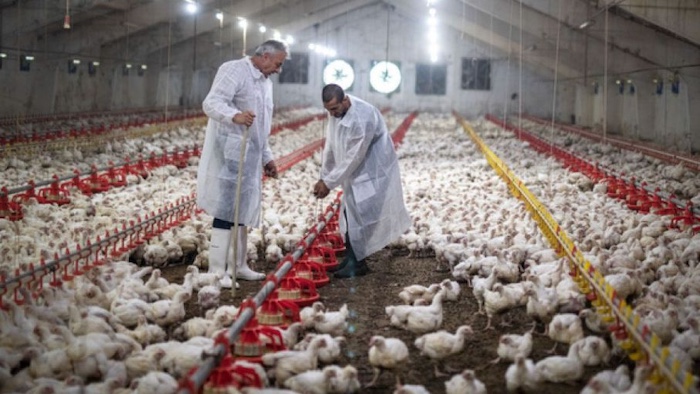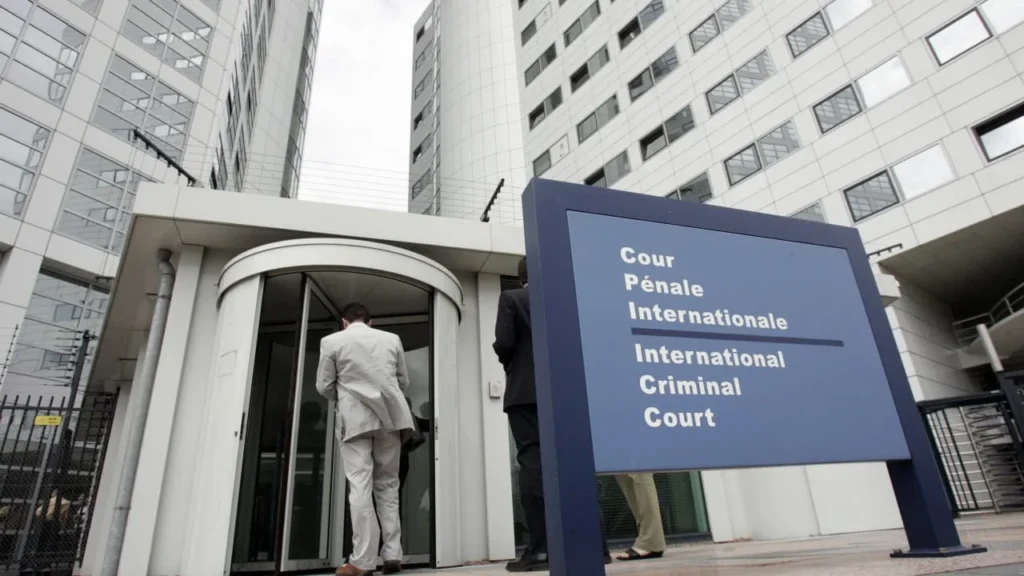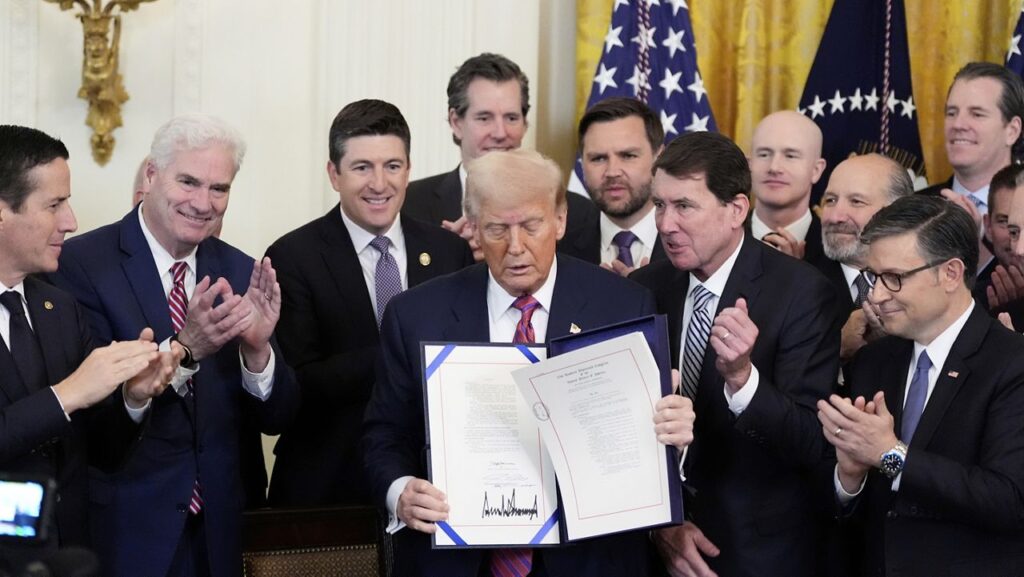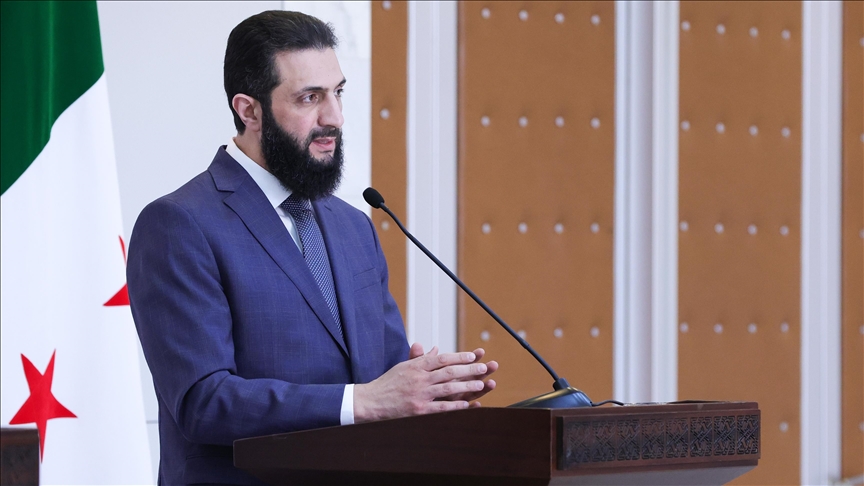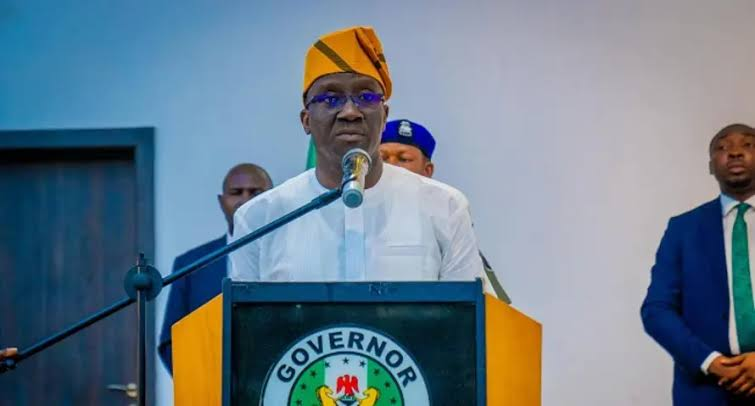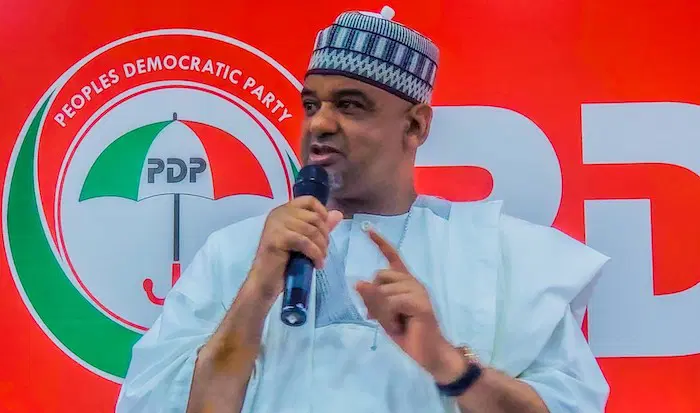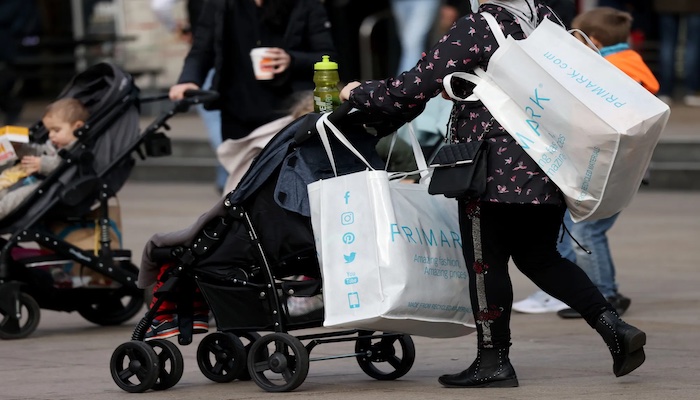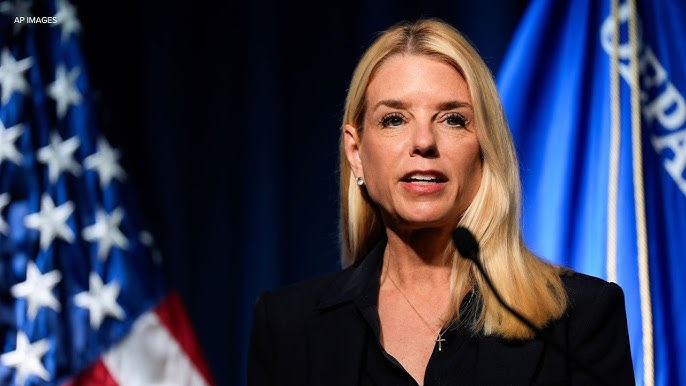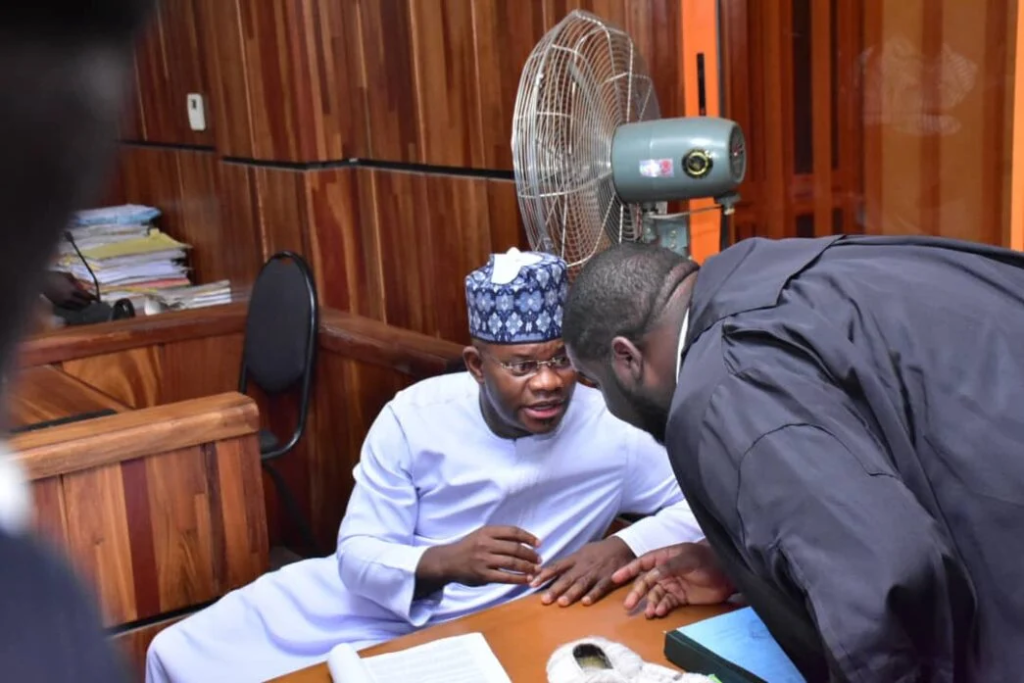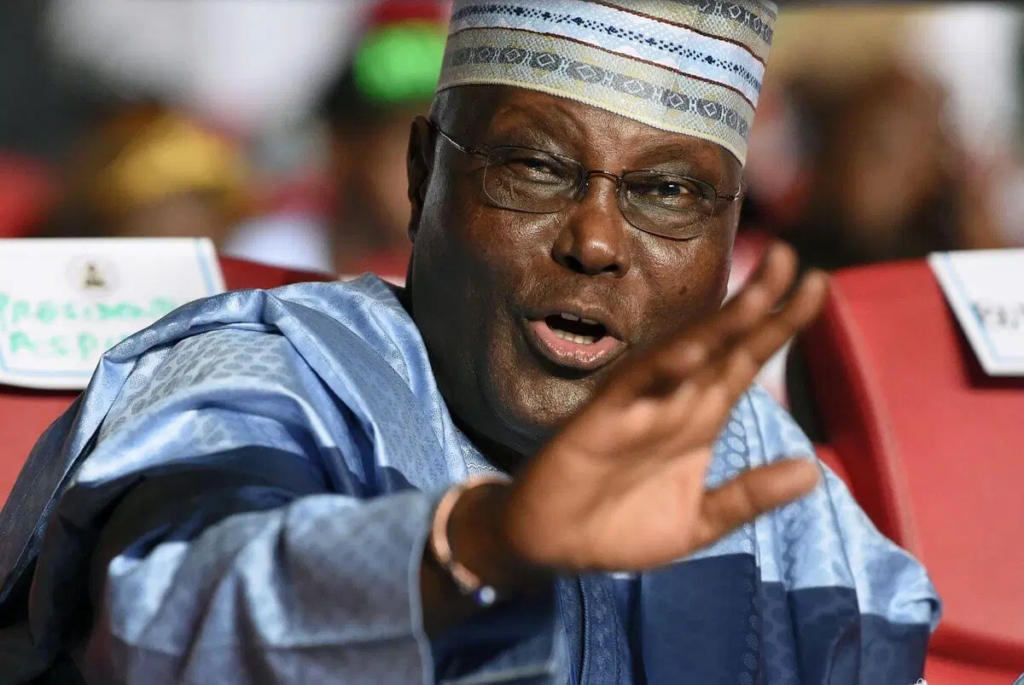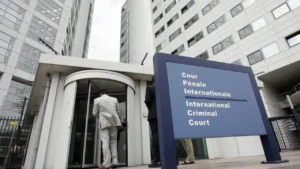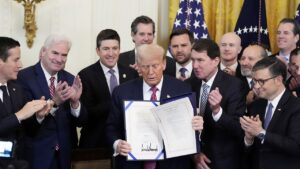Brazil has officially declared its commercial poultry flocks free of highly pathogenic avian influenza (HPAI), the agriculture ministry announced on Wednesday, marking a significant step toward restoring its position in the global poultry market.
The declaration comes after a 28-day surveillance period without new outbreaks, a key benchmark under international animal health guidelines. The clock started ticking on May 22, following the disinfection of a breeder farm in Montenegro, in the southern state of Rio Grande do Sul—site of Brazil’s only recorded commercial HPAI case last month. That outbreak led to the culling of 17,000 birds and prompted temporary export bans from key buyers, including China.
To regain HPAI-free status, Brazil implemented strict containment, culling, and biosecurity protocols, as required by global standards. While the country has now met all domestic criteria, it awaits official recognition from the World Organisation for Animal Health (WOAH).
Agriculture Minister Carlos Favaro expressed optimism about restoring access to global markets, emphasizing that Brazil—responsible for 39% of the world’s chicken meat exports—remains committed to transparency and compliance with international norms. “Reopening export markets will depend on negotiations with each trade partner,” he noted.
A regional official in Rio Grande do Sul confirmed that all health measures have been fully carried out, clearing the way for Brazil to be recognised once again as HPAI-free in its commercial poultry sector.
The government expects poultry exports to gradually resume as bilateral talks progress and formal confirmation is secured from WOAH.

